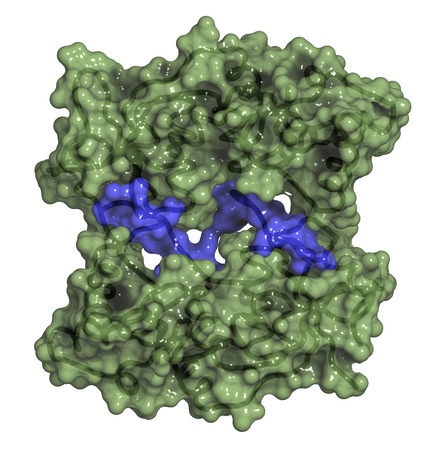
What are BRCA 1 and BRCA 2 ?
BRCA 1 and BRCA 2 are human genes, when altered or mutated, can develop and lead to cancer. Some inherited BRCA 1 and BRCA 2 mutations increase the risk of female breast cancer and ovarian cancers.
A harmful BRCA 1 or BRCA 2 mutation can be inherited from either the mother or the father. And each child of a parent carrying the mutated gene has a 50 percent chance of inheriting the mutated gene.
Is there genetic testing for BRCA 1 and BRCA 2 mutations?
There are factors that increase the risk of having the BRCA 1 or BRCA 2 mutation and they include:
- A breast cancer diagnosis younger than age 50.
- Cancer in both breasts.
- Both breast and ovarian cancers.
- Multiple breast cancers.
- BRCA 1 or BRCA 2 cancers within one family.
- Male breast cancer
- Ashkenazi Jewish ancestry
Who is genetic testing for?
If the family member with cancer is available, it is best to test that person to see if the BRCA 1 or BRCA 2 genetic mutation is found. If so, other family members may want to also be tested to discover their potential risks.
If it is not possible to test the family member with cancer, then men and women with a family history should consider having genetic testing.
What about genetic counseling?
Genetic counseling should be performed by a healthcare professional that has experience with inherited cancer syndrome.
Genetic counseling includes:
- A cancer risk assessment based on personal and family history.
- The importance of understanding the results
- The risk of passing a genetic mutation to children
- An explanation of the test
What do the results mean?
A positive BRCA 1 or BRCA 2 genetic test result means that you have inherited a known harmful mutation of BRCA 1 or BRCA 2 and that you have an increased risk for breast and/or ovarian cancer. It is not an indicator that you will have cancer.
A negative result depends on an individual’s family history of cancer as to the possible risk of cancer from the mutated BRCA 1 or BRCA 2 gene.
An ambiguous result means that it is not known if the gene change will affect the risk of cancer. Genetic counseling can help you understand what this may mean in terms of your cancer risk.
In any event, genetic testing for BRCA 1 and BRCA 2 gene mutations is followed closely by your OB/GYN and your genetic counselor. They can guide you through and help you to understand the implications.
